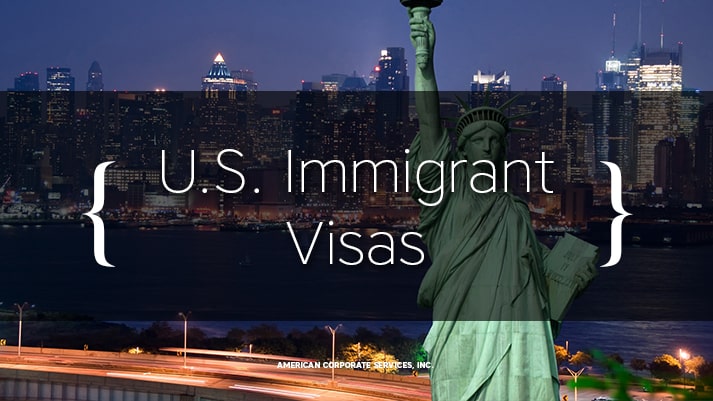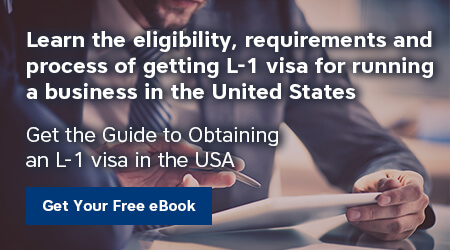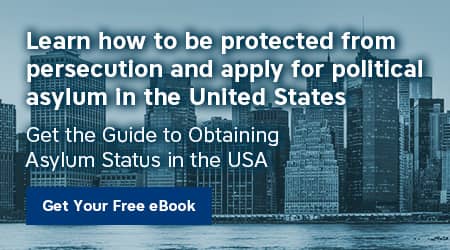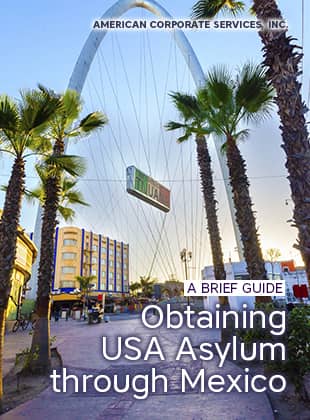Immigrant visas to the U.S. are the visas allowing foreigners to immigrate to the U.S. for the purpose of residence and employment without restrictions existing for holders of non-immigrant visas. There are several ways of obtaining immigrant visas.
1. Family immigration
Family immigration is one of the main ways of legal entry into the U.S. and getting permanent residence in this country. The main condition for an immigrant visa to be granted is having relatives - USA citizens or permanent U.S. residents (Green Card holders) ready to fully sponsor your living in the USA. The U.S. citizen or permanent residents (Green Card holders) must file a Petition for Alien Relative and prove that he has enough assets to support you.
Pursuant to immigration laws, the relatives of U.S. citizens and permanent residents are subdivided into two immigration categories:
1. Immediate relatives: spouses, unmarried children up to 21 years old, orphans adopted by the U.S. citizens, parents of adult (over 21 years old) U.S. citizens.
2. Siblings of the U.S. citizens and permanent residents, as well as other relatives.
Immediate relatives and permanent residents of U.S. are not covered by visa quotation principle.
2. Winning Green Card lottery
Winning the so-called Green Card diversity lottery for many people becomes a real chance to get into the USA. Annually, the U.S. Government provides a residence permit to a limited number of citizens who want to immigrate into this country. In this case, preference is given to immigrants from countries who are represented in the U.S. in small or insufficient quantities. To participate in the lottery, you must apply during a specific term and be ready, in case of winning, to pass an interview at the U.S. Embassy.
3. Labor immigration
Simple opportunity to get into the States and become a citizen of this country are provided by labor immigration in the USA.
Some categories of foreign workers may enter the U.S. on permanent basis, which implies getting a permit for permanent residence ("Green Card"). Such status provides the opportunity to live and work in the country without restrictions in time and in five years apply to become a U.S. citizen.
Such preference categories include:
EB-1 – Priority workers. This includes:
People having extraordinary abilities. Such applicants are not required to have specific job offers. Upon arrival to the U.S., they must pursue activity in the field in which they have extraordinary abilities.
Outstanding professors and researchers. Applicants of this category having arrived to the U.S. must pursue their activity in the field of science or work in a related research position at the university or similar academic institution.
Major managers, heads of reputable multinational companies, who for the past five years have worked in the overseas office or subdivision, at a subsidiary or parent company based in the USA. Their work for this five-year period must match that of an executive's or manager's competence. The purpose of their entry to the U.S. must be employment in the executive or managerial capacity.
EB-2 — Individuals with an advanced degree and individuals with exceptional abilities.
Individuals with an advanced degree must have a degree higher than a bachelor's degree or a bachelor's degree and a minimum five
years of continuous professional record in the field.
Individuals with exceptional abilities must have exceptional abilities (expert's level) in the field of sciences, arts or business.
EB-3 – Skilled workers, professionals with an advanced degree
Skilled workers must have at least two years of academic or labor internship of permanent (not seasonal) work.
Unskilled workers may apply for a job requiring less than two years of experience or education. However, it should not be temporaryor seasonal work.
Professionals with an advanced education know that future work can be done only by holding a bachelor's degree earned in the U.S. university or college or equivalent foreign degree.
U.S. immigrant visa, in most cases, suggests support (sponsorship) of your future employer. He must obtain certification at the Labor Department for the position he wants to hire you. Only then can he submit an application for foreign employee to USCIS – U.S. Citizenship and Immigration Services.
Individuals with exceptional abilities are not required to be sponsored by an employer. They may independently submit an application for themselves as a foreign employee. Spouses and children (up to 21 years old and not married) of the immigrant foreign employee may also apply for the immigrant visas together with him (her).
ЕB-5 – Investors
An EB-5 category immigrant visa is granted to an investor who invested into the U.S. economy the amount from 500,000 U.S.D. for the term of 5 years and created 10 workplaces for the people permanently living in the U.S. The Investor's visa allows the immigrant to get a "Green Card" and subsequently United States of America citizenship. The investor and members of his family, husband/wife and unmarried children under 21 years old, in 1-1.5 years will obtain temporary U.S. resident status, in and in 4.5-5 years will obtain permanent U.S. resident status, and will be able to apply for U.S. citizenship. This U.S. immigrant visa does not have restrictions on age, education, experience, knowledge of languages and other criteria, frequently encountered in requirements to applicants for other types of visas.










